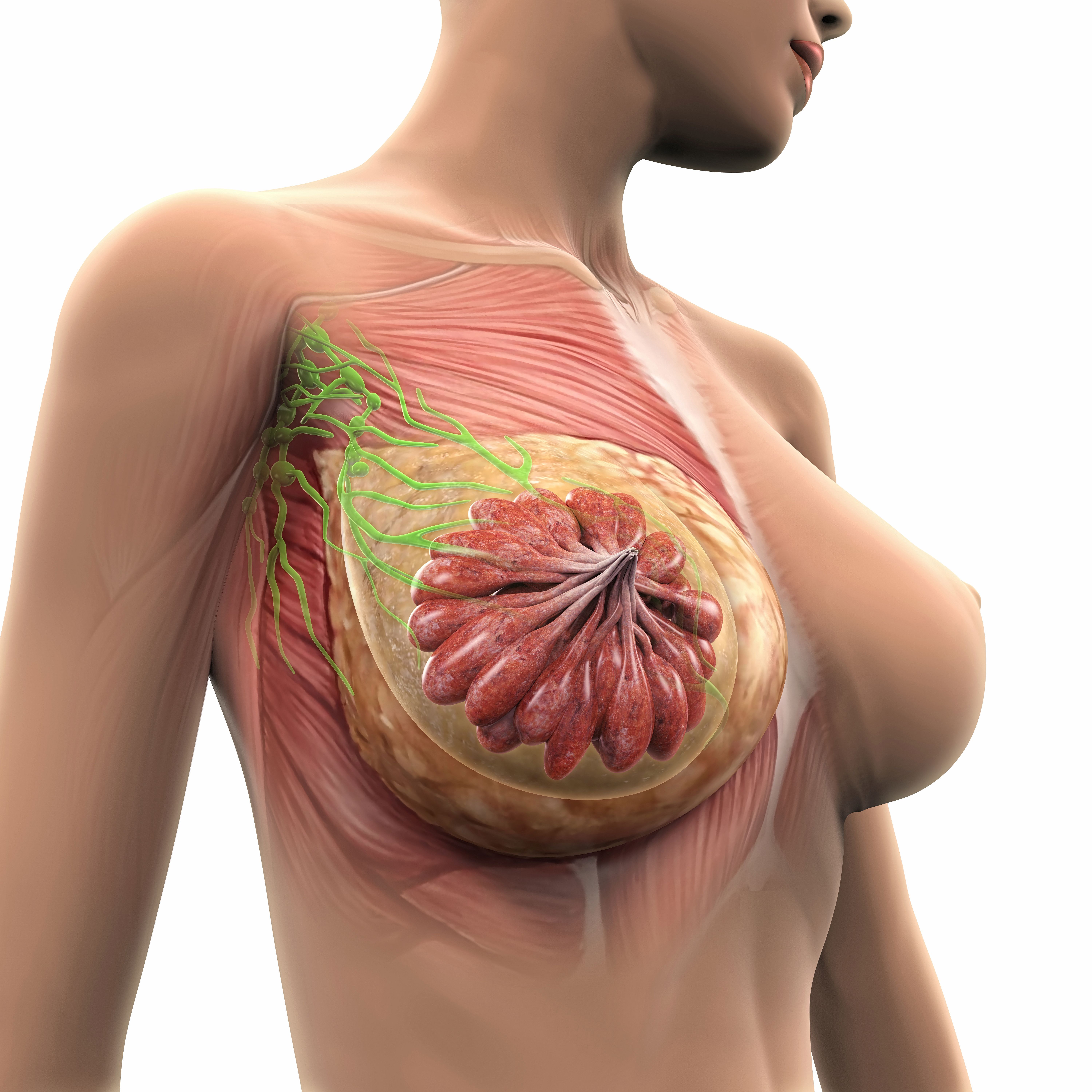EC Approves Ribociclib/Aromatase Inhibitor For HR+/HER2– Early Breast Cancer
The European Commission has approved ribociclib plus an aromatase inhibitor for patients with early breast cancer.
The European Commission has approved ribociclib plus an aromatase inhibitor for patients with early breast cancer.

The European Commission has approved Ribociclib (Kislaqi) in combination with an aromatase inhibitor as an adjuvant treatment for patients with hormone-receptor–positive (HR-positive) HER2-negative early breast cancer at high risk of recurrence, according to a press release from Novartis, the developer.1
The decision comes following results released from the multi-center, randomized, open-label, phase 3 NATALEE trial (NCT03701334) that monitored the efficacy and safety of ribociclib with endocrine therapy as an adjuvant treatment compared with endocrine therapy alone, in patients with HR-positive/HER2-negative early breast cancer.
Additionally, the FDA recently approved ribociclib for patients with early breast cancer.2 It was also recommended as a category 1 preferred breast cancer adjuvant treatment by the National Comprehensive Cancer Network Clinical Practice Guidelines in Oncology.3 Further regulatory review of ribociclib in early breast cancer is still ongoing globally.
Michael Gnat, MD, FACS, FEBS, a professor of surgery at the Medical University of Vienna, Austria, and president of the Austrian Breast and Colorectal Study Group, wrote in a press release, “For many patients diagnosed with stage II or III HR-positive/HER2-negative early breast cancer, the risk of their cancer coming back despite treatment with endocrine therapy remains high, even after decades. This approval represents a positive milestone for the early breast cancer community in Europe, including physicians who now have a new option to help reduce the risk of recurrence in a broader population of patients.”1
In the NATALEE trial, there was a 25.1% reduction in the risk of disease recurrence for patients treated with adjuvant ribociclib plus endocrine therapy vs endocrine therapy alone (HR, 0.749; 95% CI, 0.628-0.882; P = .0006).1 At 3 years, the invasive disease-free survival (DFS) benefit was 90.8% with ribociclib plus a nonsteroidal aromatase inhibitor (NSAI) and 88.1% with a NSAI alone.4
A total of 5101 patients were randomly assigned 1:1 to receive either ribociclib plus an NSAI or an NSAI alone. Ribociclib was given in cycles of 28 days at a dose of 400 mg administered on days 1 to 21, for 36 months. The nonsteroidal aromatase inhibitor was either anastrozole (Arimidex) at a dose of 1 mg or letrozole (Femara) at a dose of 2.5 mg, both administered orally once daily for 60 months.
Patients who were women deemed to be premenopausal or postmenopausal aged 18 years or older with histologically confirmed HR-positive, HER2-negative early breast cancer were enrolled in the trial. They also had to have an ECOG performance score of 0 or 1, have no contraindication for the adjuvant endocrine therapy in the trial, and were planned to be treated with endocrine therapy for 5 years, and was after surgical resection where the tumor was completely removed, with the final surgical specimen microscopic margins free from the tumor, and is either in anatomic stage group II or III.5
Patients were excluded from participation if they had received any CDK4/6 inhibitor, had received prior treatment with tamoxifen, raloxifene, or aromatase inhibitors for reduction in risk of breast cancer and treatment with osteoporosis within the final 2 years before randomization, or had distant metastases of breast cancer beyond regional lymph nodes and/or evidence of recurrence after curative surgery, among others.5
Regarding adverse events (AEs), the most common AEs of any grade were neutropenia, arthralgia, and liver-related events. Of grade 3 or higher, neutropenia was the most common and occurred in 43.8% of patients in the ribociclib group vs 0.8% of patients in the NSAI alone group.4
Deaths from any cause were reported in 2.4% of patients (n = 60) in the ribociclib group and 3.0% of patients (n = 74) in the NSAI group.4 None were considered related to the trial treatment.
References
- Novartis Kisqali® receives European Commission approval in a broad population of patients with HR+/HER2- early breast cancer at high risk of recurrence. News release. Novartis. November 27, 2024. Accessed December 2, 2024. https://tinyurl.com/msjptt3x
- FDA approves Novartis Kisqali® to reduce risk of recurrence in people with HR+/HER2- early breast cancer. News release. Novartis. September 17, 2024. Accessed December 2, 2024. https://shorturl.at/p0jbc
- Novartis ribociclib (Kisqali®) recognized as Category 1 preferred breast cancer adjuvant treatment by NCCN Clinical Practice Guidelines in Oncology (NCCN Guidelines®). News release. Novartis. October 24, 2024. Accessed December 2, 2024. https://tinyurl.com/2sjdexz3
- Fasching PA, Stroyakovskiy D, Yardley DA, et al. Adjuvant ribociclib plus nonsteroidal aromatase inhibitor in patients with HR+/HER2– early breast cancer: 4-year outcomes from the NATALEE trial. Presented at the 2024 European Society for Medical Oncology Congress (ESMO); September 13-17, 2024; Barcelona, Spain. LBA13.
- A trial to evaluate efficacy and safety of ribociclib with endocrine therapy as adjuvant treatment in patients With HR+/HER2- early breast cancer (NATALEE). ClinicalTrials.gov. Updated November 11, 2024. Accessed December 2, 2024. https://tinyurl.com/bdde49kx